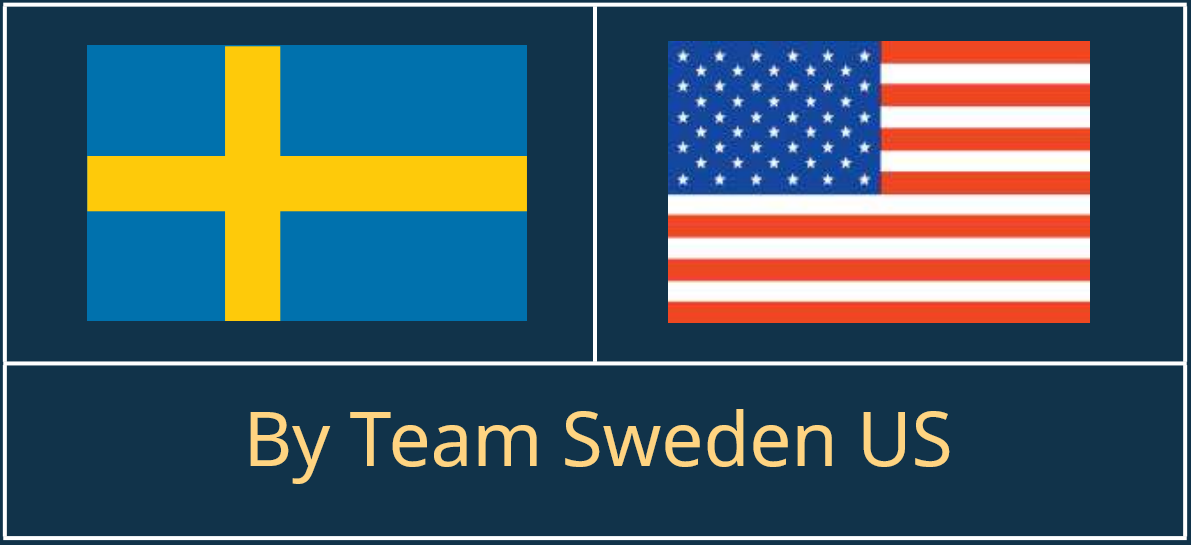Saab and Boeing have jointly secured a 9.2b USD contract to deliver the next generation Pilot Training Aircraft and associated Training Systems to the US Air Force. The US Air Force has named the Aircraft “T-7A Red Hawk” and has placed an initial order of 351 aircraft. As a result, Saab will invest 37m USD in a production facility for the program in the Purdue University-affiliated Discovery Park District in West Lafayette, Indiana. Saab will also cooperate with Purdue University and establish joint research programs focused on aerospace and defense technologies.
Photo: Eric Shindelbower/The Boeing Company














